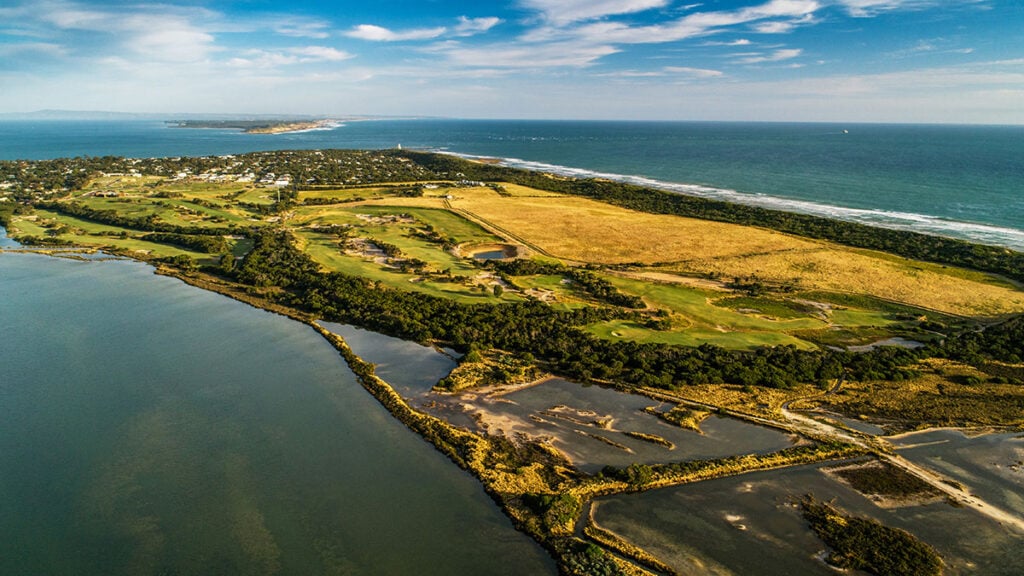This week’s Northern Trust marks the start of the US PGA Tour’s FedEx Cup Playoffs. Qualifying for the event, and the postseason, by getting into the top-125 on the points list is its own singular accomplishment, one that comes with a just reward that the majority of pro golfers covet: job security in the form of fully exempt status for next season. Winning the FedEx Cup title is the ultimate prize, sure, but having a card on the world’s biggest tour takes care of an awful lot.
Still, moving on in the playoffs – specifically advancing through the first three events to the finale at East Lake and the Tour Championship – can take care of a whole lot more.
First, there are the velvet ropes that it parts:
• Automatic entry into three of the next year’s Majors; the Masters, US Open and the Open Championship.
• A spot in the no-cut, free-money, automatic-world-ranking-points World Golf Championships events, the Arnold Palmer Invitational, RBC Heritage, the Players Championship, Fort Worth Invitational, the Memorial and, previously, The National (RIP).
Then there is the extra dough.
Winning the FedEx Cup is worth a whopping $US10 million, but every spot below that in the standings pays out, too. Last year, for example, Jason Dufner picked up an extra $175,000 for ending the year 30th in points. That’s $10,000 more than the 31st guy, Henrik Stenson, who didn’t make it to the Tour Championship. With no cut at East Lake, there’s the tournament prizemoney as well. Last year, Jhonattan Vegas took home a cool $140,000 for finishing last in the 30-man field. Not bad for four days of work.
The ultimate “rags to riches” story of the US Tour postseason might forever be Bill Haas. In 2011, he barely made it to the finale. At 25th in the standings, Haas needed about a dozen things to go his way to capture the FedEx Cup – including winning the Tour Championship. All of them happened, and voila, Haas padded his bank account by more than $11 million in the blink of a near hole-out from a hazard.

It doesn’t stop there. Players can be rewarded handsomely by sponsors for getting that far, too. Take Xander Schauffele. The 24-year-old had already won earlier in the season at The Greenbrier a year ago and was on his way to earning the tour’s Rookie of the Year honours. Then he became the first rookie to win the Tour Championship. The victory netted him more than $US1.5 million in earnings, plus another $2 million for finishing third in the FedEx Cup standings. In the offseason, Schauffele also signed a new equipment deal that financially reflected his new-found status on tour.
“Getting to East Lake can easily add up to a six-figure bonus from a sponsor, especially a lesser player, and it gives you the opportunity to play for millions,” according to one manager who spoke on the condition of anonymity, adding that performances like that can also lead to overseas appearance fees as well as spots in “hit-and-giggle (your-way-to-the-bank)” events. “For someone like Xander, a young kid who wasn’t maybe expected to get that far, it was probably a nice bonus from his sponsors. It can add up to maybe a couple of million bucks depending on the player and the deal.”
There are other ways it can pay off, too.
Justin Thomas came up just five points short of qualifying for the Tour Championship as a rookie in 2015. He won in Malaysia that October and his future became a moot point. But he hasn’t forgotten about it. “It sucked,” he said. “I remember it mostly because it killed my chances at Rookie of the Year. It would have also gotten me into the Majors for the next year, which ended up not being a problem, but to [get there] as a rookie is something not a lot of guys have done.”
Tony Finau had never made it to the Tour Championship before last year. A tie for seventh at East Lake moved him just inside the top-50 in the Official World Golf Ranking, where he has been ever since. The ranking would have been good enough to get him into the Masters, US Open and Open Championship, but getting to East Lake first took care of that and whatever pressure might have existed otherwise. He went on to finishing 10th, fifth and ninth, respectively, in those Majors in 2018.

Of course given Finau’s talents he likely would have achieved all that anyway. But the season-ender can mean an awful lot for a few guys every year, particularly to a player on the rise or one who has been around for a while but hasn’t reached the stratosphere of the game’s elite.
“My goal every year is to win, but making it to East Lake is always in the top two or three goals for sure,” said Ryan Palmer, who has done so twice in his career, in 2010 and 2014, while twice narrowly missing out on it as well. “Personally, it solidifies me as one of the top players in the world.
“It can be a career changer, too. It’s huge.”




